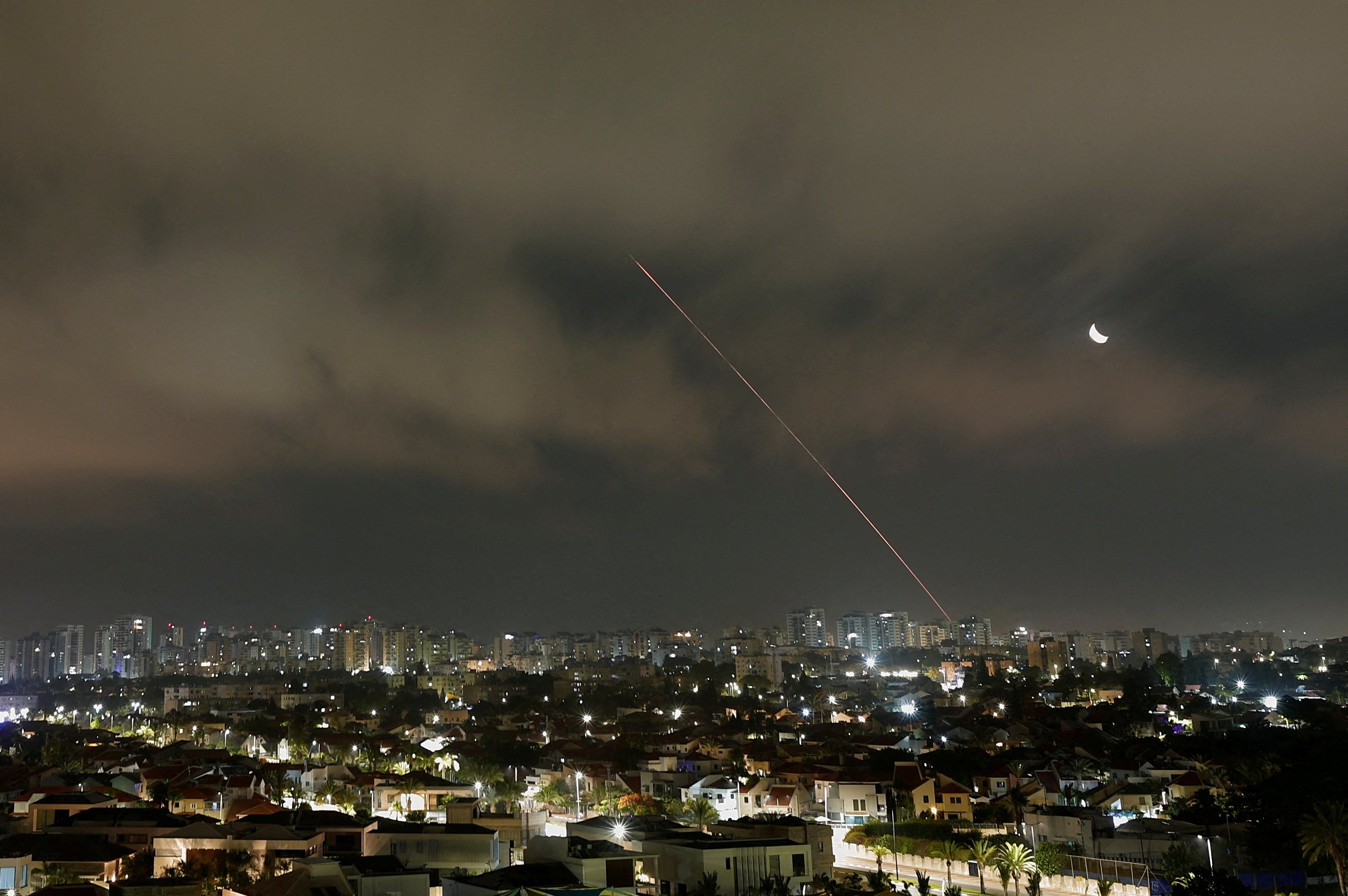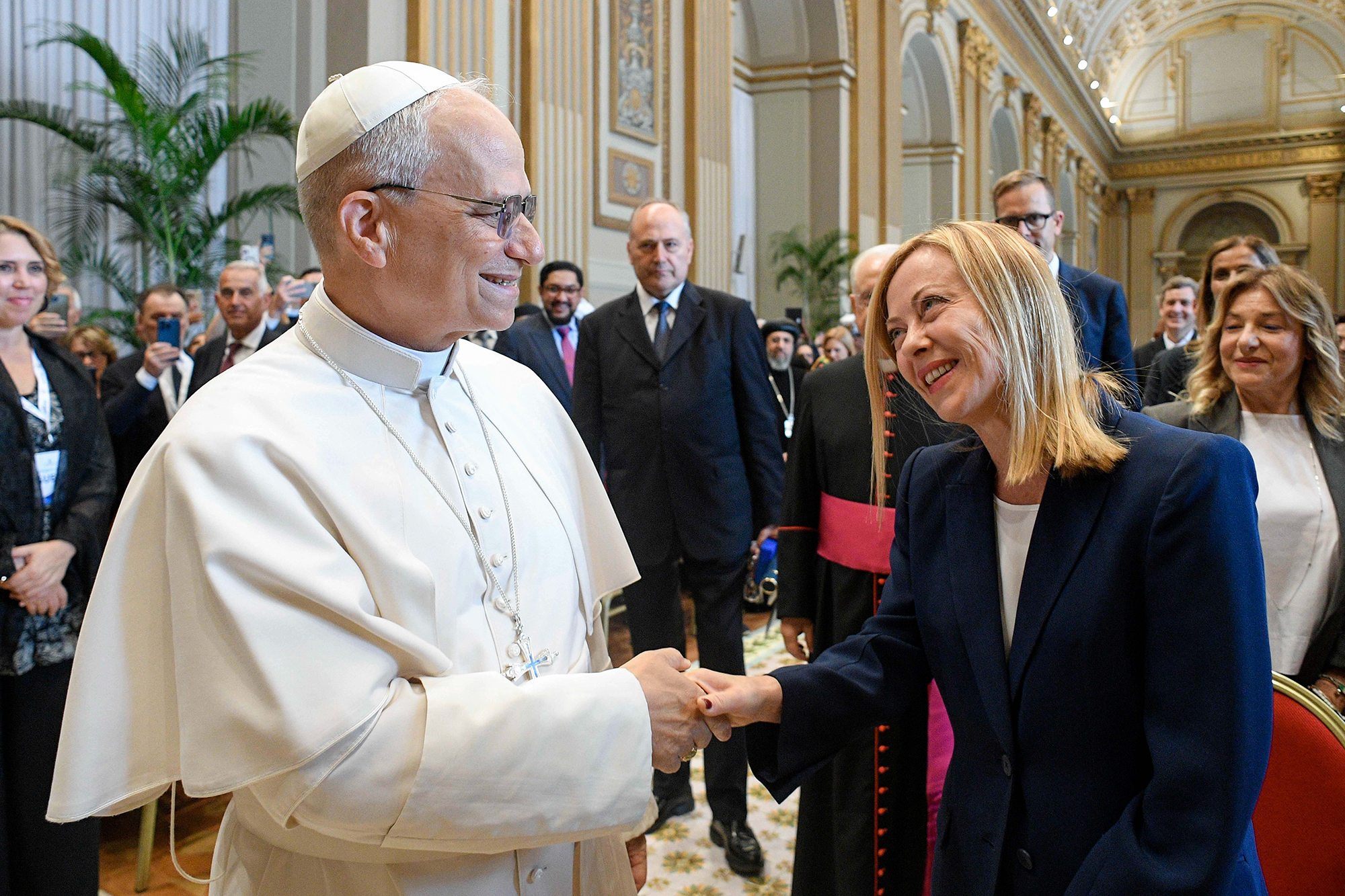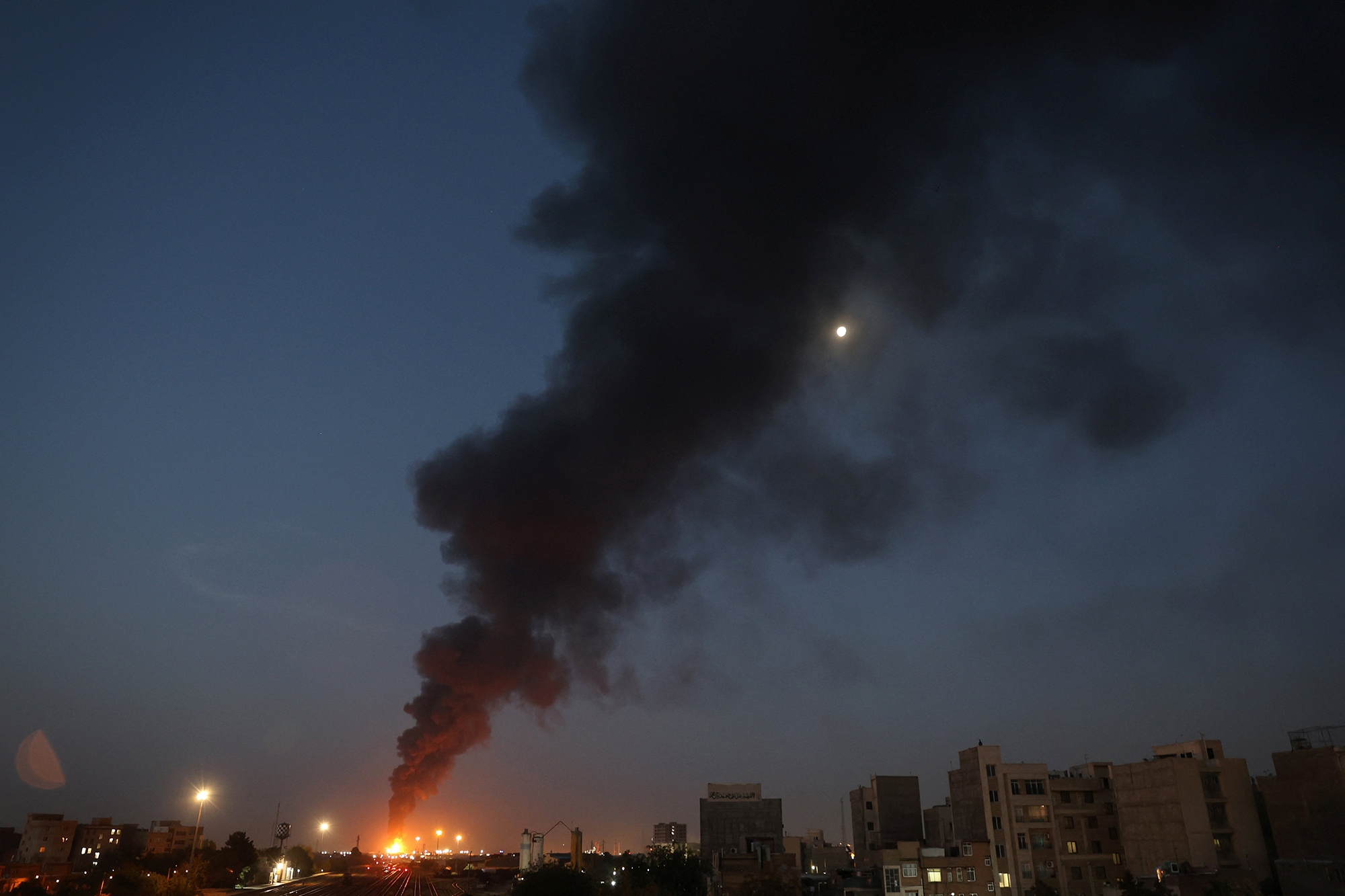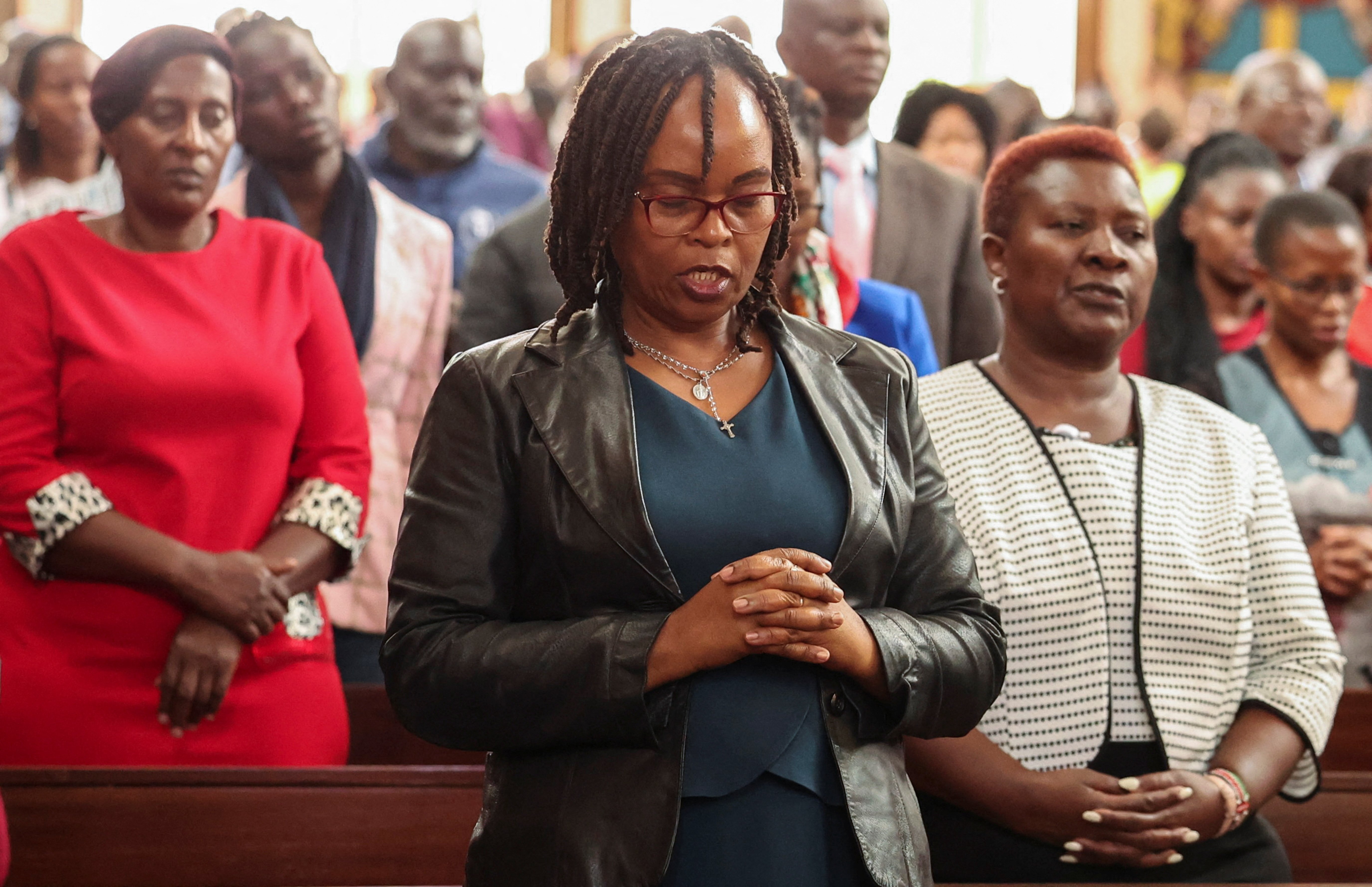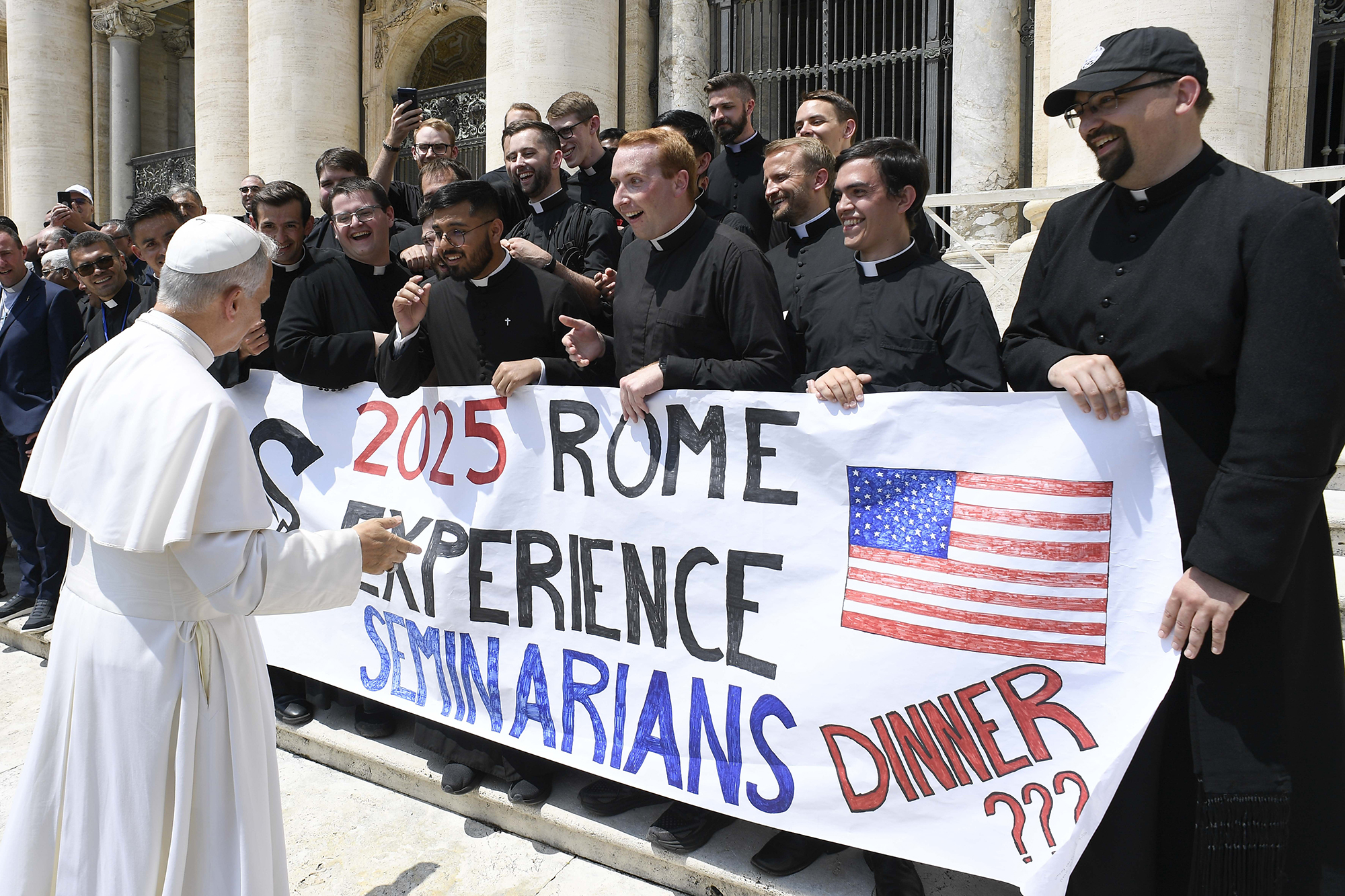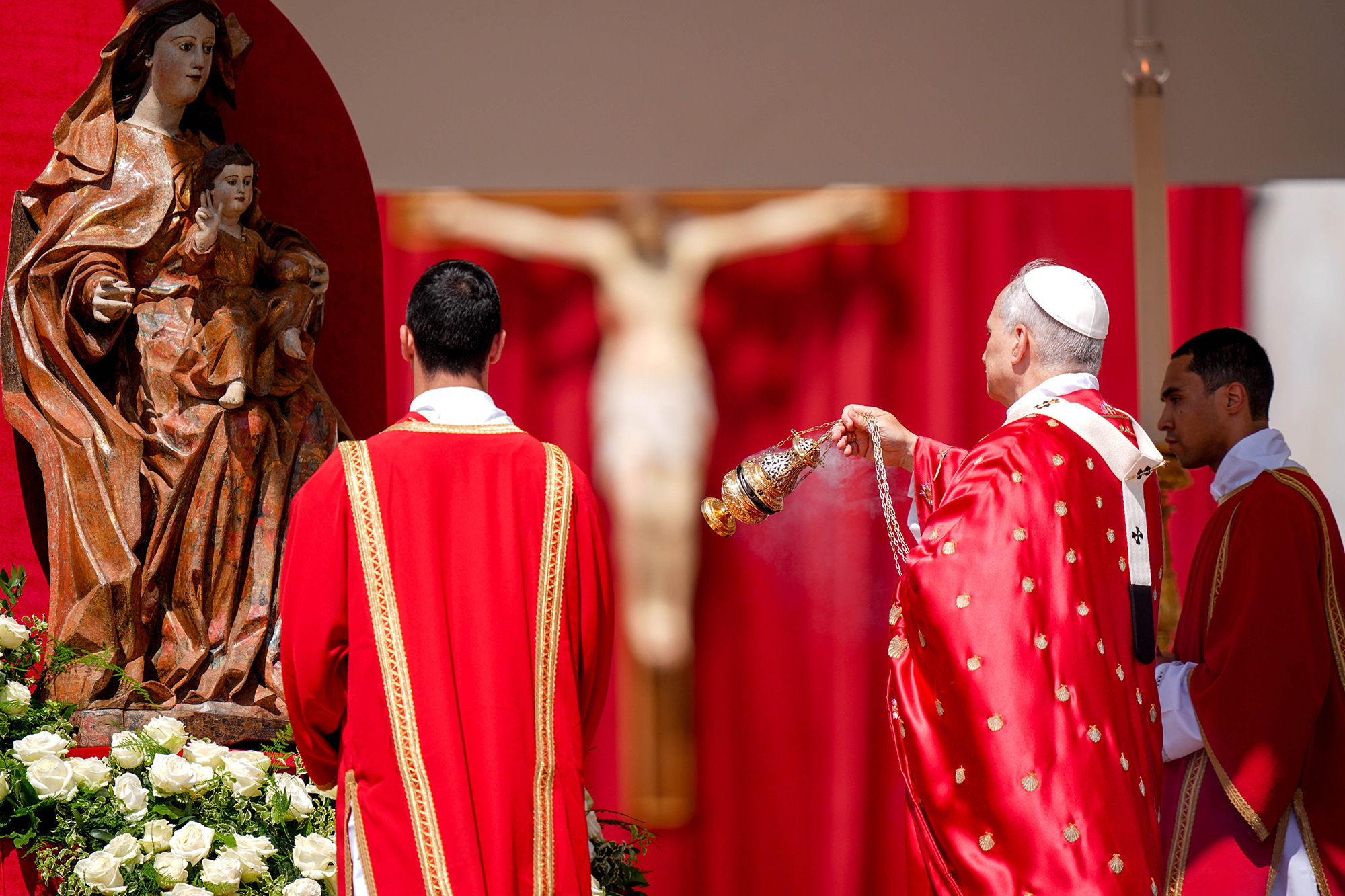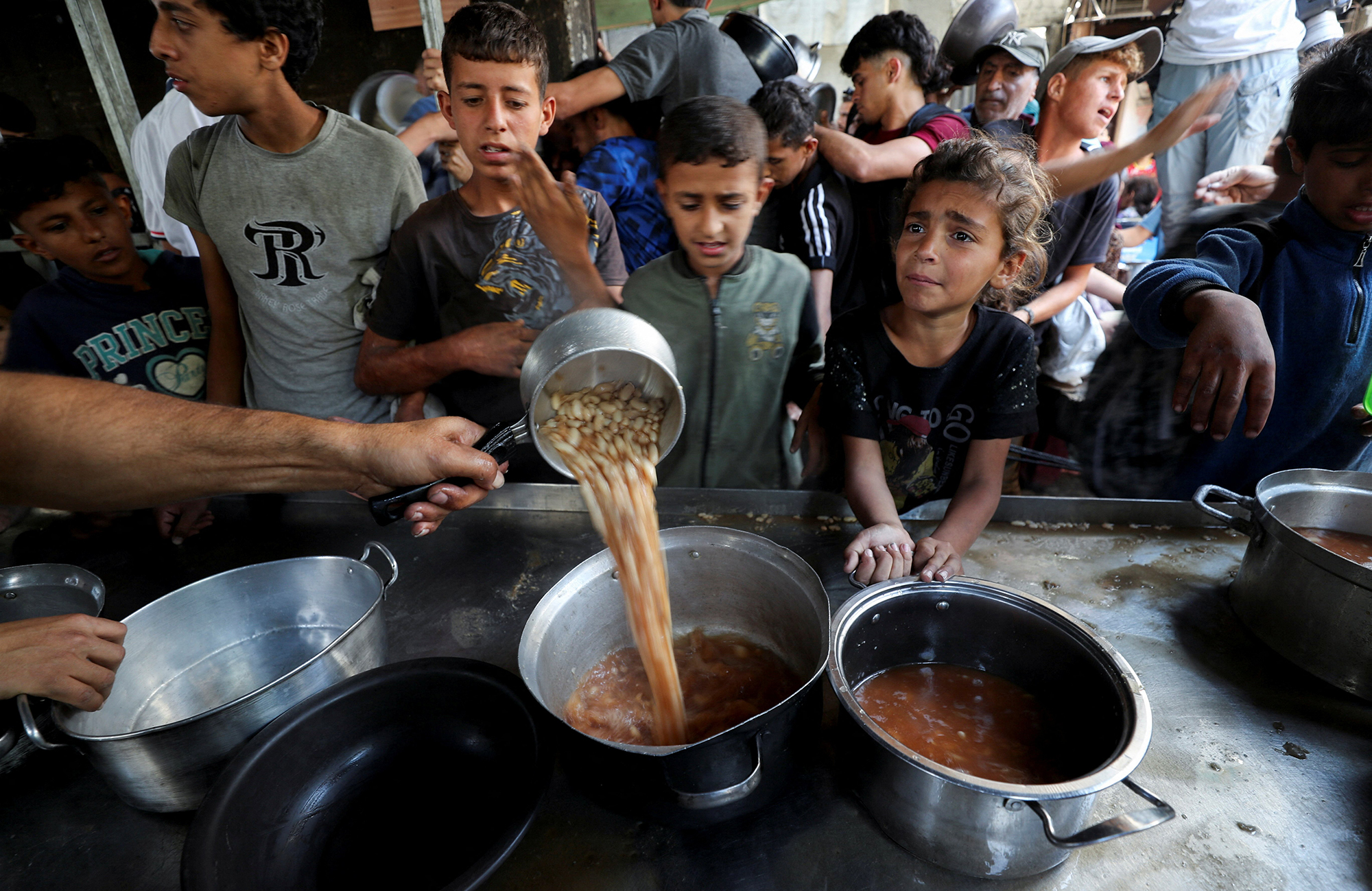Cdl. Grech calls for communion, continued action as synod nears end
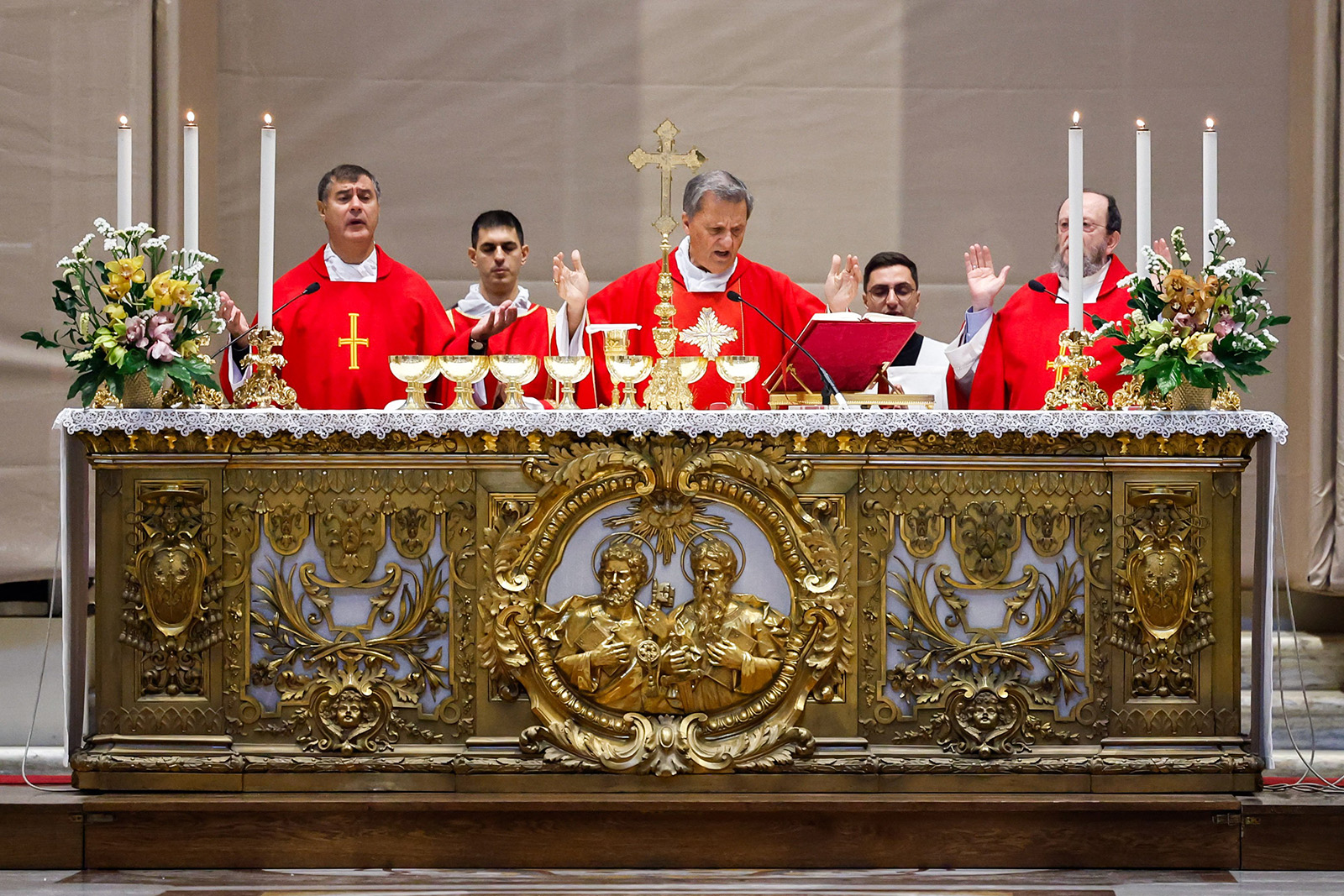
Mass at St. Peter’s Basilica Oct. 22 marked the start of the final week of the synod’s work
VATICAN CITY — As members of the Synod of Bishops entered the last week of their meeting in Rome, the synod’s secretary-general urged them to resist the temptation of “covetousness” — the desire “to keep everything for ourselves, to possess, to hoard, to define, to close.”
“We must overcome the temptation to believe that the fruits we have harvested are our work and our possession: we must receive everything as a gift from God,” Cardinal Mario Grech, secretary-general of the Secretariat of the Synod, said in his homily during a votive Mass for the Holy Spirit.
The Mass in St. Peter’s Basilica Oct. 21 marked the beginning of the synod’s last week of work at the Vatican, a week that was to be dedicated to discussing and amending a final document before putting it to a vote Oct. 26.
Reflecting on the Gospel reading from St. Luke, in which Jesus tells the parable of a man who decides to build larger storehouses after a bountiful harvest, the cardinal drew a parallel to the synod’s work. “We too, faced with the abundant fruits of the synodal journey, might ask ourselves the same question: What to do now?” he said.
Cardinal Grech said that the synodal process has allowed the Church to “see the gifts that are flourishing in the people of God today, without hiding our frailties and wounds.”
But “we too could run the risk of doing as this man did, of hoarding what we have collected, the gifts of God that we have discovered, without reinvesting them, without living them as gifts received that we must now give back to the Church and the world,” he said. “We too can run the risk of living off our earnings. But the understanding of truths and pastoral choices goes on, consolidates with the years, develops with time, deepens with age.”
The cardinal told delegates, “If we listen to the voice of the Spirit, the conclusion of this synodal assembly will not be the end of something, but a new beginning, so that the Word of God may spread and be glorified.”
In the first three weeks of the assembly, synod delegates explored themes of synodality articulated in the session’s working document: the foundations of a synodal Church, relationships within the Church, pathways for decision-making and the places where people experience the Church in their daily lives.
Update on study group focusing on women’s roles
Pope Francis decided the question of ordaining women deacons was not to be discussed at the 2024 Synod of Bishops, and he directed a synod-related study group on women’s ministries not to explore the matter, according to the Vatican’s doctrinal chief.
“We know that the Holy Father has expressed that at this time the issue of the female diaconate is not mature and has asked that we not entertain this possibility for now,” Cardinal Víctor Manuel Fernández, prefect of the Dicastery for the Doctrine of the Faith, told the synod Oct. 21.
However, he said, the second commission Pope Francis set up in 2020 to study women deacons “will continue to work,” and the “partial conclusions” it has reached “will be published when the time is right.”
But, the cardinal said, “the Holy Father is very concerned about the role of women in the Church and, even before the synod’s request” that the matter be studied, Pope Francis “asked the Dicastery for the Doctrine of the Faith to explore the possibilities of development without focusing on holy orders,” or diaconal ordination.
The dicastery “cannot work in a different direction,” Cardinal Fernández said, adding that he agrees with the pope “because thinking about the diaconate for some women does not solve the issue of the millions of women in the Church,” who serve in hundreds of ways.

Pope Francis greeted U.S. members of the Synod of Bishops, from left, Father Iván Montelongo, a priest of the Diocese of El Paso, Texas; Wyatt Olivas, a student at the University of Wyoming; and Julia Oseka, a student at St. Joseph’s University in Philadelphia in the Paul VI Audience Hall at the Vatican Oct. 11.
Following the first assembly of the synod on synodality in 2023, Pope Francis set up 10 study groups to reflect more deeply on some of the most controversial or complicated questions raised during the synod process, including the question of women’s ministry and decision-making roles in the Church.
Pope Francis, in a February letter to Cardinal Mario Grech, general secretary of the synod, said, “It is important that the aforementioned study groups work according to an authentically synodal method,” with dialogue and broad participation. He asked that the groups make a preliminary report to the synod in 2024 and that they give him their final reports by June 2025.
Deliberation on doctrinal authority of bishops’ conferences
Recognizing the doctrinal authority of bishops’ conferences does not mean allowing them to reject the teaching authority of the pope, but rather to apply Church teaching to their unique context, said the head of the Vatican Dicastery for Bishops.
“Each episcopal conference needs to have a certain authority in terms of saying, ‘How are we going to understand this (doctrine) in the concrete reality in which we are living?’” Cardinal Robert F. Prevost, prefect of the Dicastery for Bishops, said during an Oct. 23 briefing on the Synod of Bishops.
The authority of national bishops’ conferences has been a central topic in synod discussions on the decentralization of decision-making in the Church.
The working document for the synod stated that bishops’ conferences had not yet realized the full capacities envisioned for them by the Second Vatican Council, including “genuine doctrinal authority.”
Cardinal Prevost said decentralization and allowing local churches to have a greater role in decision-making, recurring themes of the synod, would not negate Church teaching on the primacy of the pope.
“The whole understanding of synodality is not that all of a sudden there is going to be a fully democratic, assembly-style way of exercising authority in the Church,” he said. “The primacy of Peter and of the successors of Peter, the bishop of Rome, of the pope, is something which enables the Church to continue to live communion in a very concrete way.”
“Synodality can have a great impact on how we are living in the Church, but it certainly takes nothing away from what we would call the primacy” of the pope, said the cardinal.
Father Gilles Routhier, a theological expert at the synod from Canada, addressed concerns that giving bishops’ conferences more doctrinal authority could lead to “disorder” due to their proposing potentially conflicting dogmas. He clarified that bishops’ conferences cannot possess “an absolute authority to propose new dogmas” but must develop “an authority that understands limits” and remains in communion with the universal Church.
Mass at St. Peter’s Basilica Oct. 22 marked the start of the final week of the synod’s work
Subscribe to Read All St. Louis Review Stories
All readers receive 5 stories to read free per month. After that, readers will need to be logged in.
If you are currently receive the St. Louis Review at your home or office, please send your name and address (and subscriber id if you know it) to subscriptions@stlouisreview.com to get your login information.
If you are not currently a subscriber to the St. Louis Review, please contact subscriptions@stlouisreview.com for information on how to subscribe.

